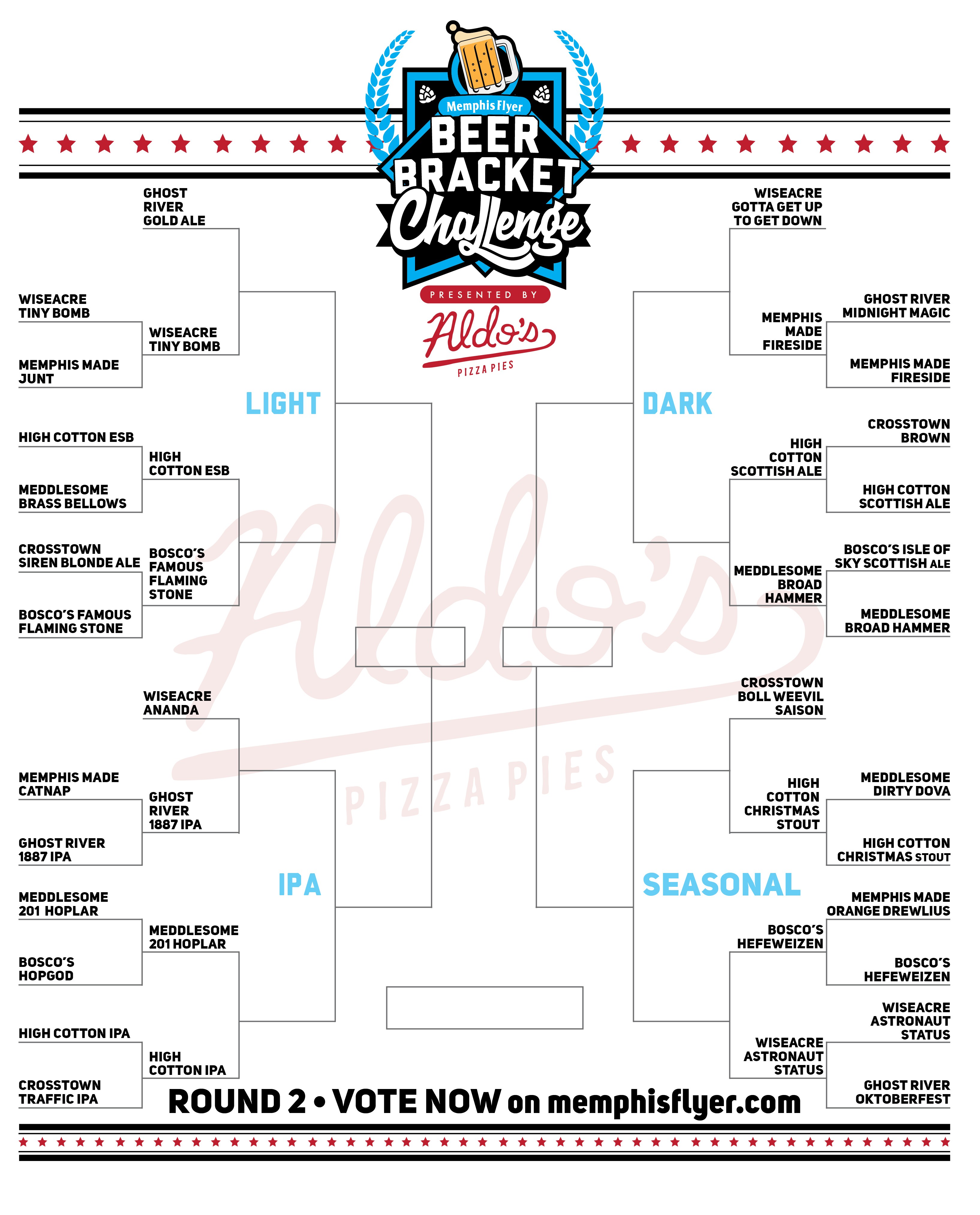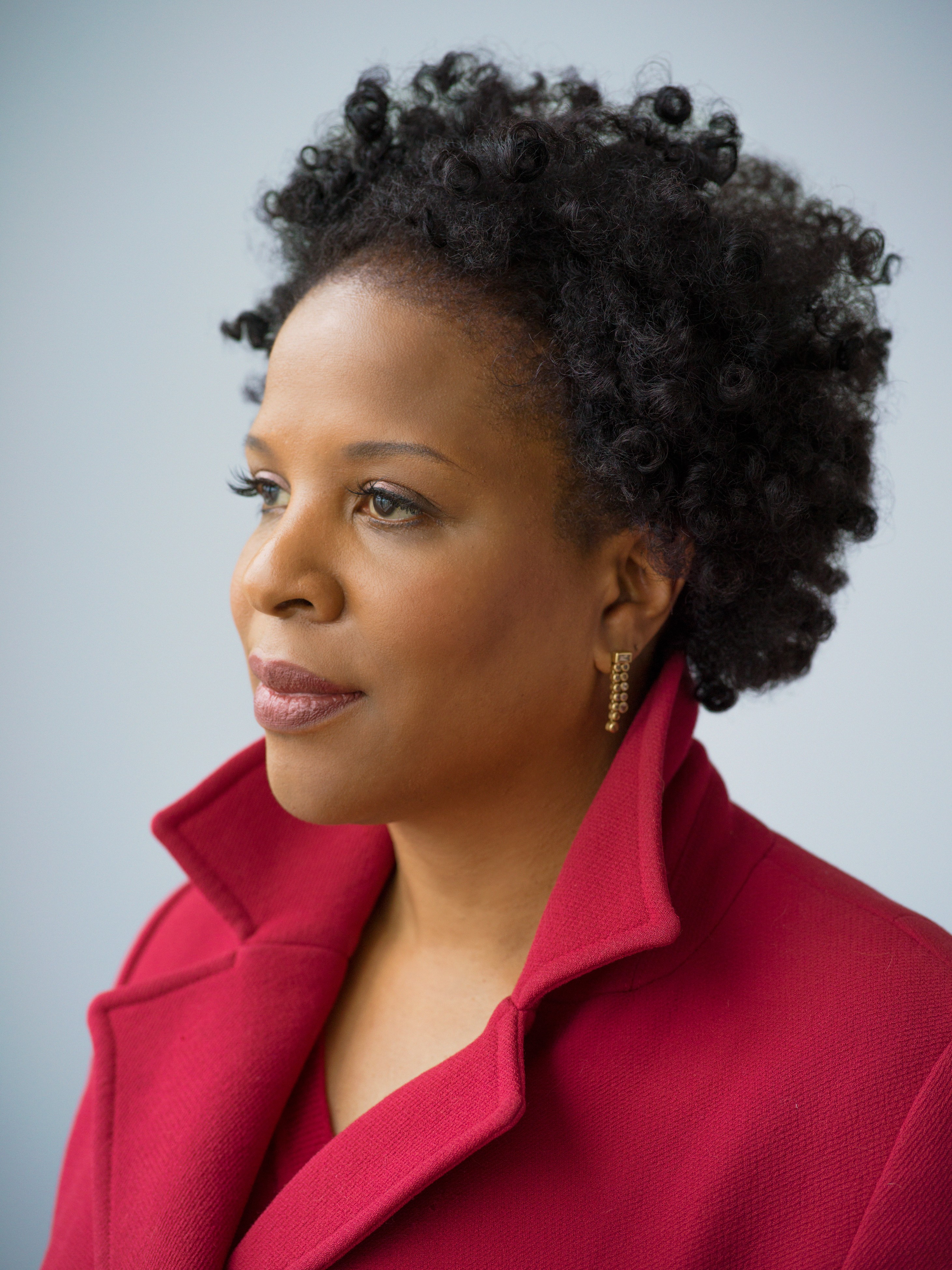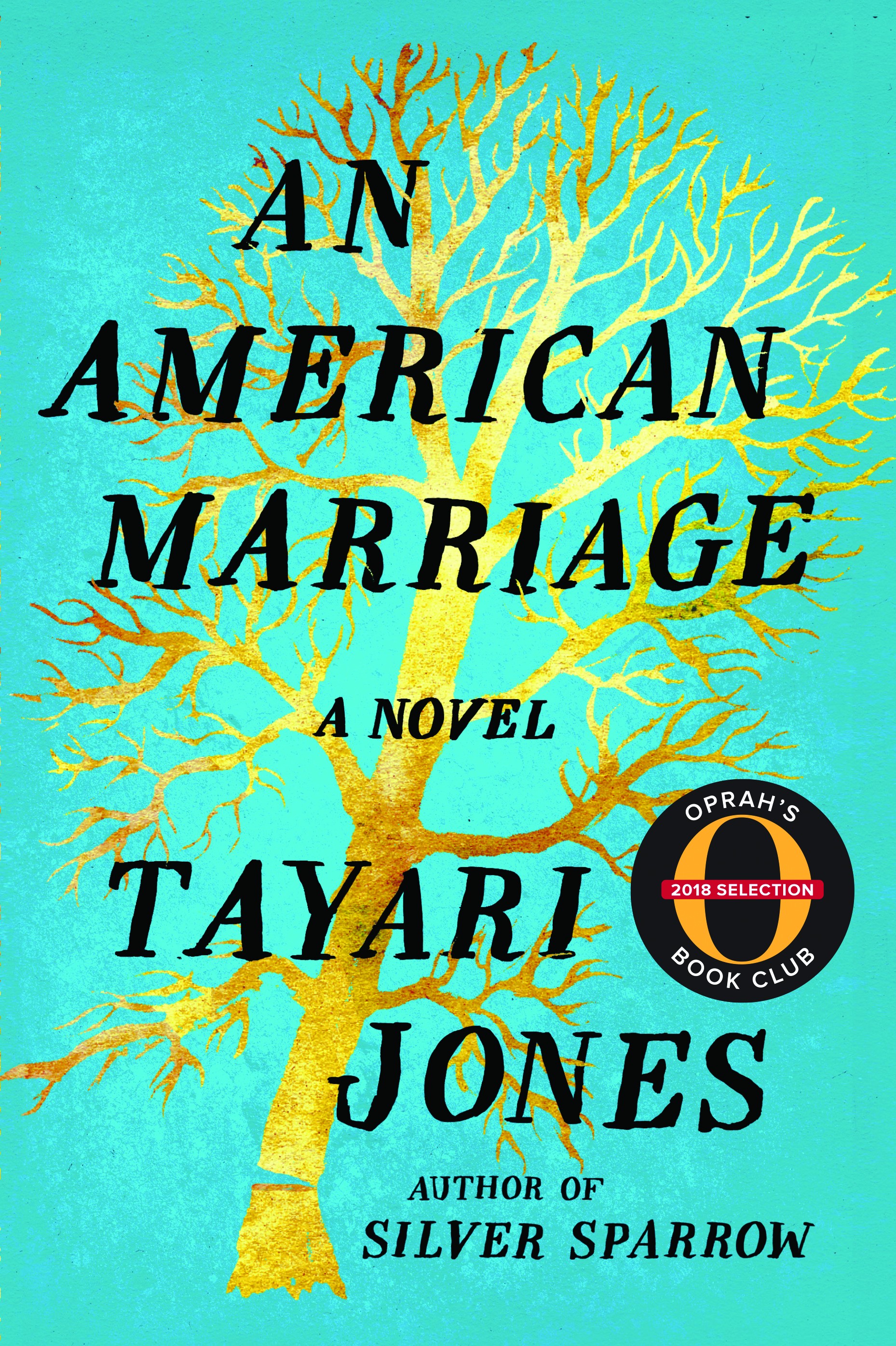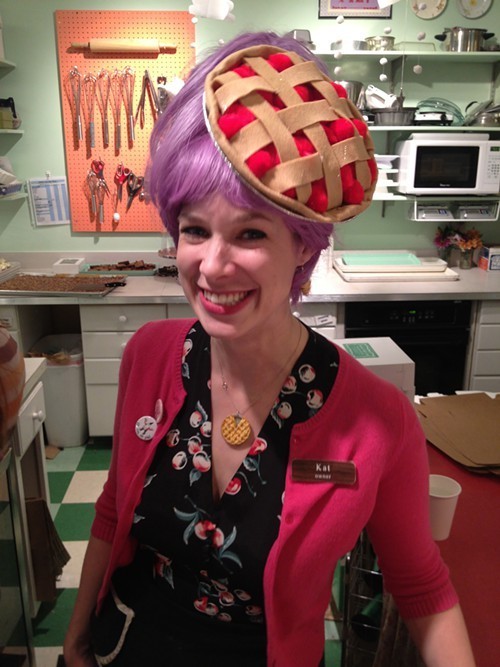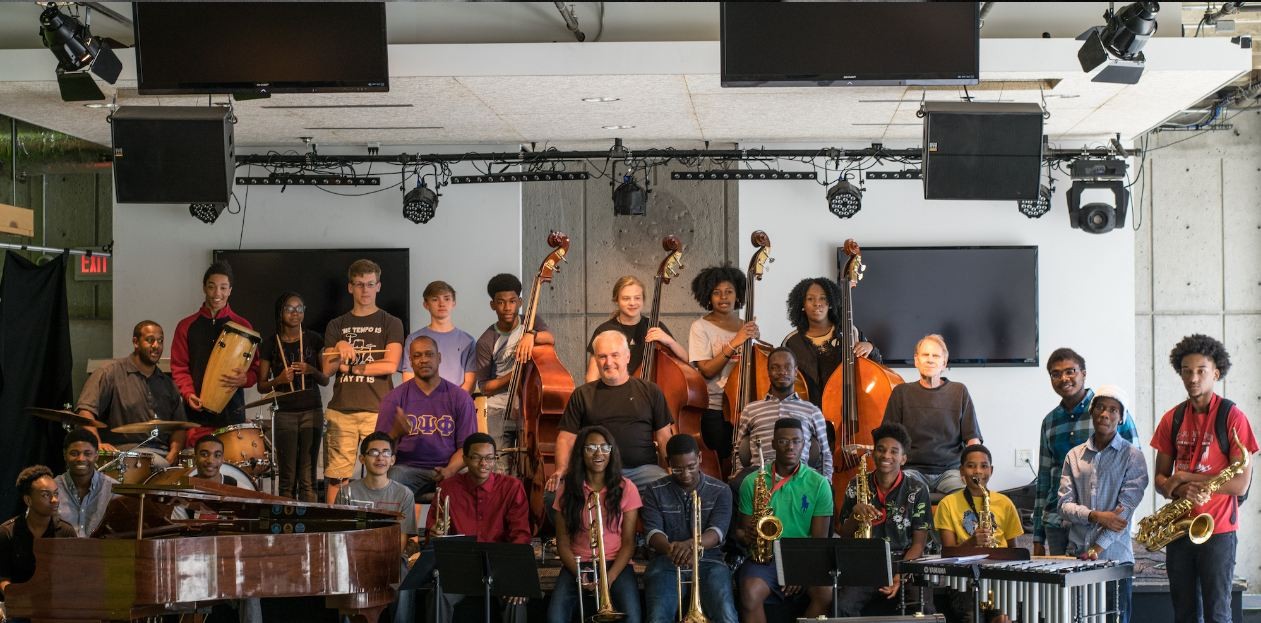
Faculty and students of the Memphis Jazz Workshop
Steve Lee is helping to revive jazz education for Memphis youth in a big way. Having taught with the Memphis Music Initiative and the Visible Music College, and having received the Steinway and Sons Top Teacher Certificate Award in 2017, he founded the Memphis Jazz Workshop to fill in gaps that have developed in public school music education. The pianist lived in New York City for twelve years and studied with jazz giant (and Memphis native) Donald Brown. Now he’s back in his hometown and has gathered a faculty of some of the city’s best and brightest players.

Stephen Lee
Tomorrow evening at Hutchison School, audiences can hear for themselves what the workshop students have accomplished during the past month’s winter session. After the student concert, faculty will join drummer Ulysses Owens, Jr. in a performance featuring many compositions associated with Memphians who made their mark in the world of jazz. Owens, a graduate of the Julliard School, was named a ‘rising star’ by Downbeat magazine in 2012, and drummed on Grammy-winning albums by Kurt Elling and Christian McBride.
Memphis Flyer: When did you start the Memphis Jazz Workshop? And where is it based?
Steve Lee: We just started this past June of 2017. Now it’s based at the University of Memphis. We’ve done it at Hutchison, and at the Visible Music School. But the main place is U of M.
Do you do workshops for adults?
You’re the second person to ask me that this week! If we had our own space, that’d be real easy. That’s on the agenda — to give lessons not just to grade school kids but to adults too. That’s what the Nashville Jazz Workshop does. But we really need more space for that.
So the Saturday concert will be the graduating recital of all the kids in the workshop?
Yeah, it’ll be a couple of combos performing. Then at the end of the concert we’ll get everybody up there playing an F blues, something like that.
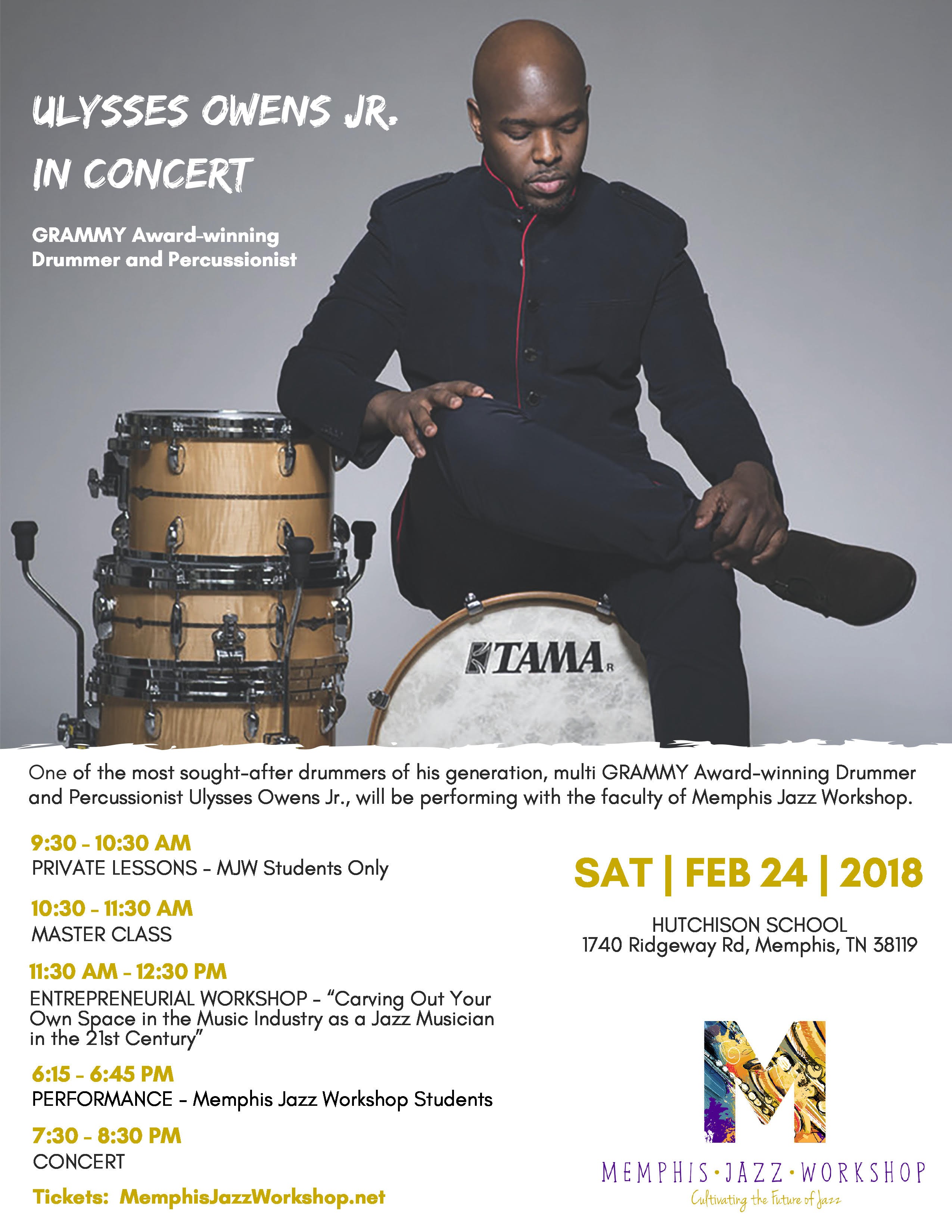
So I guess the star attraction is Ulysses Owens, Jr. Will he be teaching as well?
Ulysses Owens, yeah! He’s also doing workshops Saturday morning. He’s doing a drum workshop, then he’s doing an entrepreneur workshop at 11:30. Then he’s doing the concert later that night.
Who will be playing with him?
Me, Gary Topper (saxophone), Johnny Yancey (trumpet), and Sylvester Sample and Carl Casperson (both on bass).
Ulysses graduated from Julliard. He’s also a producer. You know, he’s produced probably 20 or 30 different singers out of New York. Plus, he has his own nonprofit in Jacksonville, Florida. It’s like a dance and fine arts program. And that’s what he’s gonna talk about. You know, carving out your own space, in life and music. Whatever you wanna do. In entrepreneurship, you don’t just have to be a musician. There are other things that you can do also. That’s what the entrepreneurship class will be talking about. Ways to do more than just play music. I wish someone had told me about that 20 or 25 years ago.
Do you have a particular method of teaching jazz to younger people?
We really teach them to just listen to the music. There are so many styles of music out nowadays. And most of their friends don’t listen to jazz. So we’re trying to encourage them to listen more to the music. For instance, some of those kids were playing “Impressions” at rehearsal. And I asked if any of them had heard John Coltrane play it. They were like, “No.” How’re you gonna play “Impressions” if you’ve never heard John Coltrane play it? So, we encourage them to listen more. And practice.
We do have kids that like to practice. But that’s still a struggle. Especially for a few that wanna go to Julliard, and do that for a living. They really need to understand that you have to be practicing at least three, four, or five hours a day at the middle school grade level, or even elementary, to compete against kids who’re applying for those scholarships. And we focus on mental stuff, motivation. Also, listening to live music. That’s another thing kids don’t get a chance to hear a lot. ‘Cos there’s not a lot of live music nowadays. Everything’s programmed. So, just give ’em all those methods. See what happens.
The first thing I do, especially with piano players, I teach them [chord progressions] ii-V-I’s, in all twelve keys. So that’s the beginning. Once you do that, then we can start talking. If you don’t know your ii-V-I’s [such as C minor-F-B♭] in all twelve, major and minor keys, there’s nothing they can do. But once you learn ii-V-I’s, then they can get into scales and chord changes. And then you can stretch it into bebop. For example, with ii-V-I, you’ve got a minor chord to a dominant chord to a major chord. So once you know those chords, once you play that C minor, then you can play that for four bars and you can get to the next chord, which is an F7. Once you understand how to get around those changes, everything else is downhill. This applies to all instruments. Horn players should have an understanding of piano, so they can see what they’re doing. It makes it easier for them to really learn improv, if they have an understanding of piano and a little basic jazz harmony. That helps too.
How about blues?
Oh that’s the first thing we really do. Teach them an F blues. You know, “Straight No Chaser,” just teach ’em the blues scale. Once you teach them that blues scale, and I’m really speaking for piano players, you show them the left hand voicings, you learn the blues scale with your right hand, and you start coming up with melodies. That’s the first thing we start with, the blues. Get them making little melodies and sounding pretty good, then they’re confident. And then we can go to another song, like “Autumn Leaves” or “Song for My Father.”
So on Saturday, what kinds of jazz tunes should the audience expect to hear?
Well, the kids will be doing this tune, “Red Clay” by Freddie Hubbard. That’s the older kids. The younger kids will be doing “Cantaloupe Island,” by Herbie Hancock. Now, Ulysses will be doing a couple Mulgrew Miller tunes. He’ll be doing a James Williams tune. He’ll also be doing a Roy Ayers tune called “Cocoa Butter.” So it’ll be a mix of songs from other artists. He may be doing one original called “Soul Conversation.” A few by Memphis musicians like [pianists] James Williams and Mulgrew Miller. Mulgrew, you know he’s from Greenwood, Mississippi, but he spent so much time in Memphis. He went to the University of Memphis before he moved to New York.
Although I mainly studied with Donald Brown, I actually had a lesson with Mulgrew when I was living in NY. He was in New Jersey and I took a bus over to his house. The bus broke down on the way back!
It strikes me that teaching jazz to youth is a long tradition in Memphis, going back to Jimmie Lunceford at Manassas High School in the 1920s. Do you feel this is kind of a continuum of that?
Oh man, yeah! Jimmie Lunceford, that’s another secret that a lot of people don’t know about. I do think it is a continuation of what he was doing. But Memphis never had a jazz workshop like the workshops we have now. They always had jazz in the schools. And there used to be more, man. When I was in school like back in the 1980s, most high schools had a jazz band. Now, it’s really only a handful that have a jazz band around the city. Overton, Central, Germantown. The other city schools might have a little combo, but nothing like a jazz band. I don’t think there are even ten.
Did you study jazz in high school here?
I studied at Carver, with Ozzie Smith. Ozzie Smith was a well known local musician around town, back in the ’80s. I had one year with him. He was a great saxophonist. He’s the pastor for a big church in Chicago now. And I also studied with Tim Turner. Tim now is a jazz director down at Xavier University.
So many great jazz players came out of Memphis.
Memphis really doesn’t understand the history, and the role the city plays in jazz music. The people that played the music, and contributed to this music worldwide. If you look at cities that the great jazz players came from, and you look at the number that came from particular cities, Memphis is up there. You know, Philly, maybe Detroit. But Memphis is definitely in the top five.
I mean, you got Charles Lloyd, you got George Coleman, Hank Crawford, Phineas Newborn, Jr., Donald Brown, James Williams, Mulgrew Miller, Bill Easley, Kirk Whalum, and Harold Mabern, Jr. And Herman Green! I played with Herman at the first jazz festival I played. I was back here in Memphis one summer and he asked me. It was me, Herman Green, and Terry Saffold. We were in Nashville, opening up for Lionel Hampton at a jazz festival. I’ll never forget that! It’s just a long list of musicians from Memphis that have done a lot for jazz. But Memphis is not aware of it. Memphians don’t know their history.
Memphis Jazz Workshop events at Hutchison School, Saturday, February 24.
10:30-11:30 am: Master drum class with Ulysses Owens, Jr.
11:30-12:30 pm: “Carving out your own space in the music industry”
— entrepreneurial workshop with Owens.
6:15-6:45 pm: Memphis Jazz Workshop student ensembles performances.
7:30-8:30 pm: Concert with Owens and members of the faculty.



 JB
JB  JB
JB  JB
JB 
 Lacey Hudman
Lacey Hudman 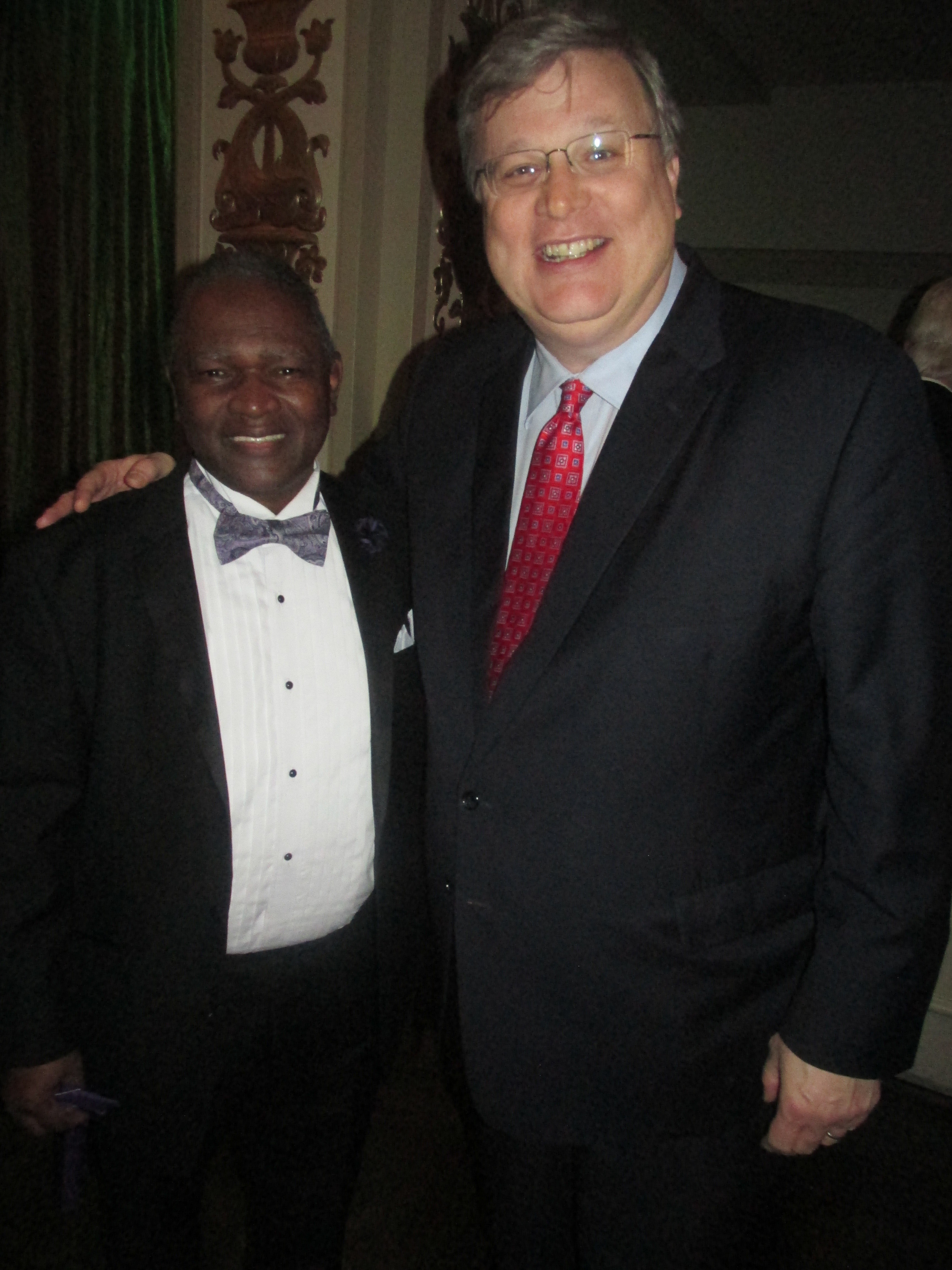 Michael Donahue
Michael Donahue  Michael Donahue
Michael Donahue 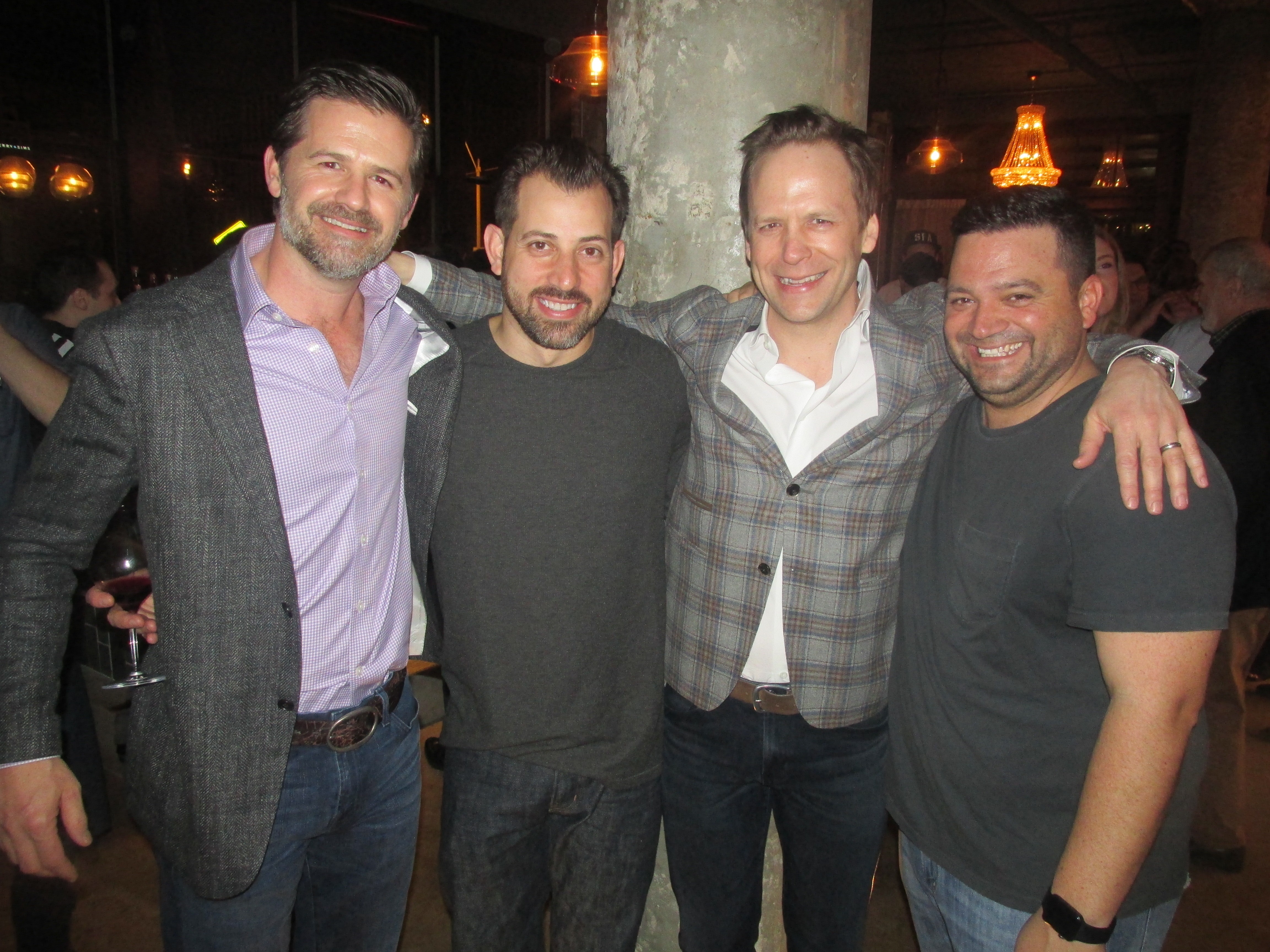 Michael Donahue
Michael Donahue 